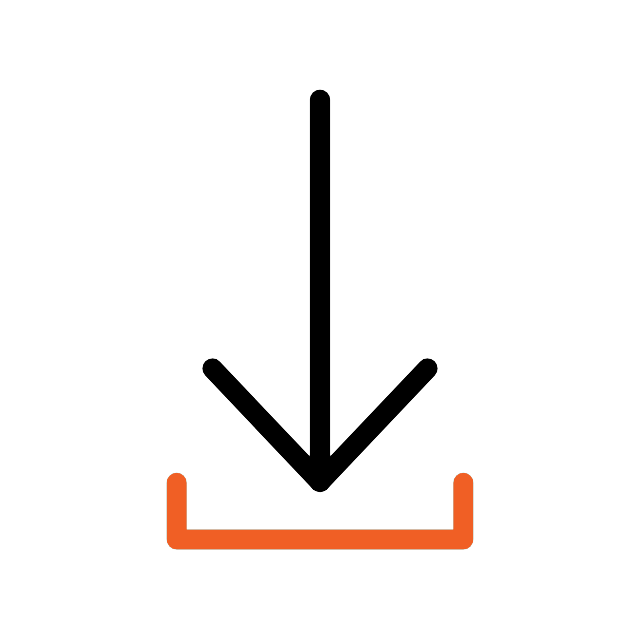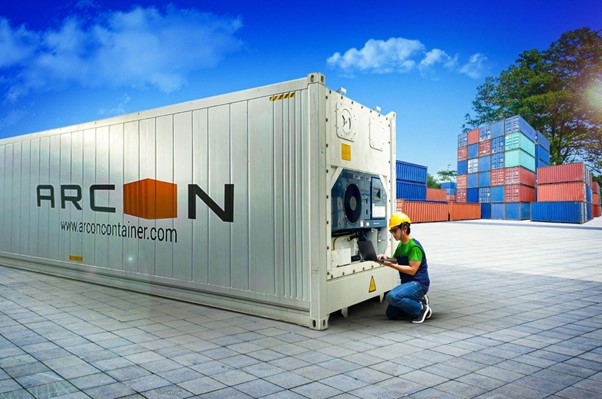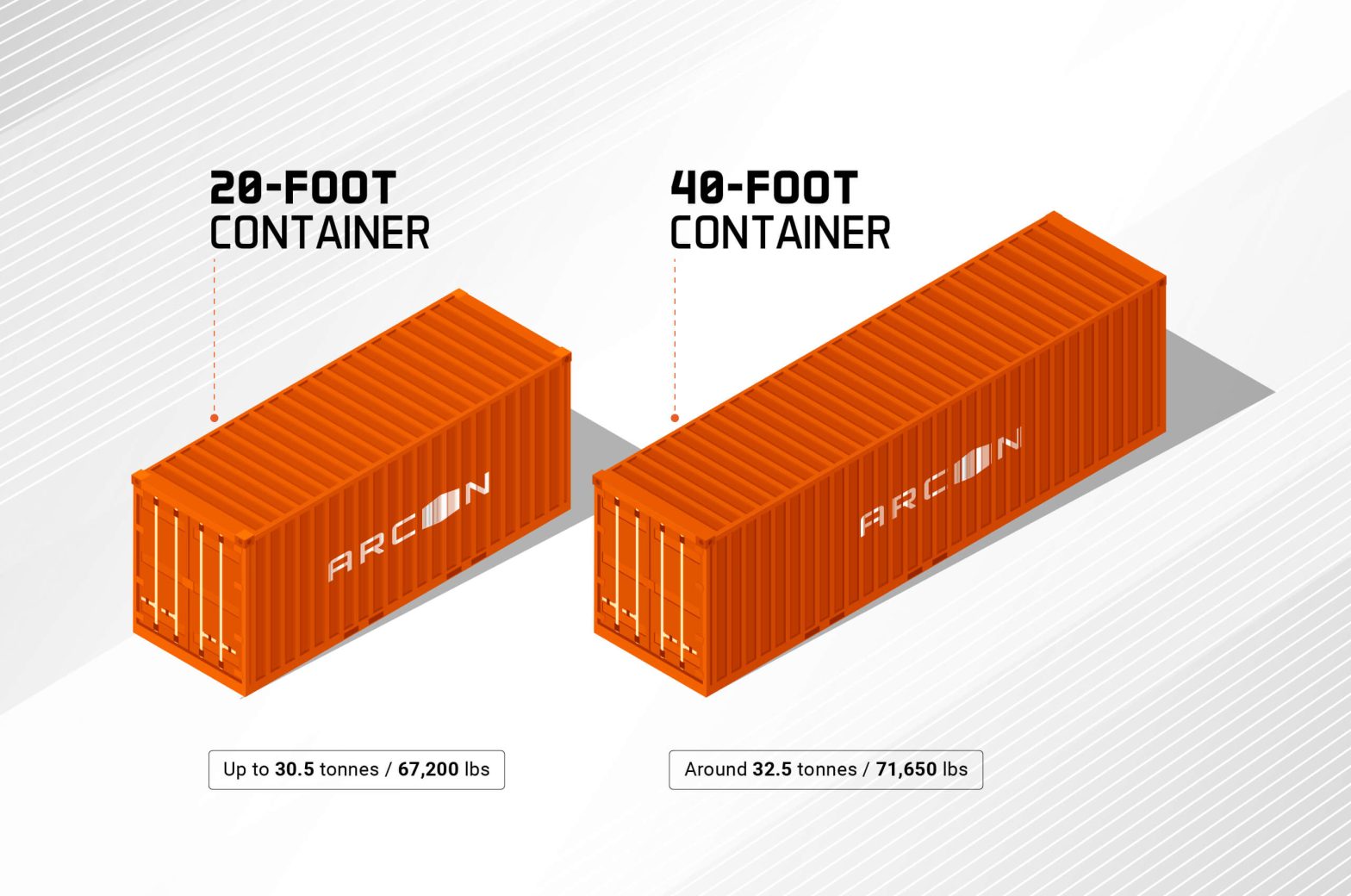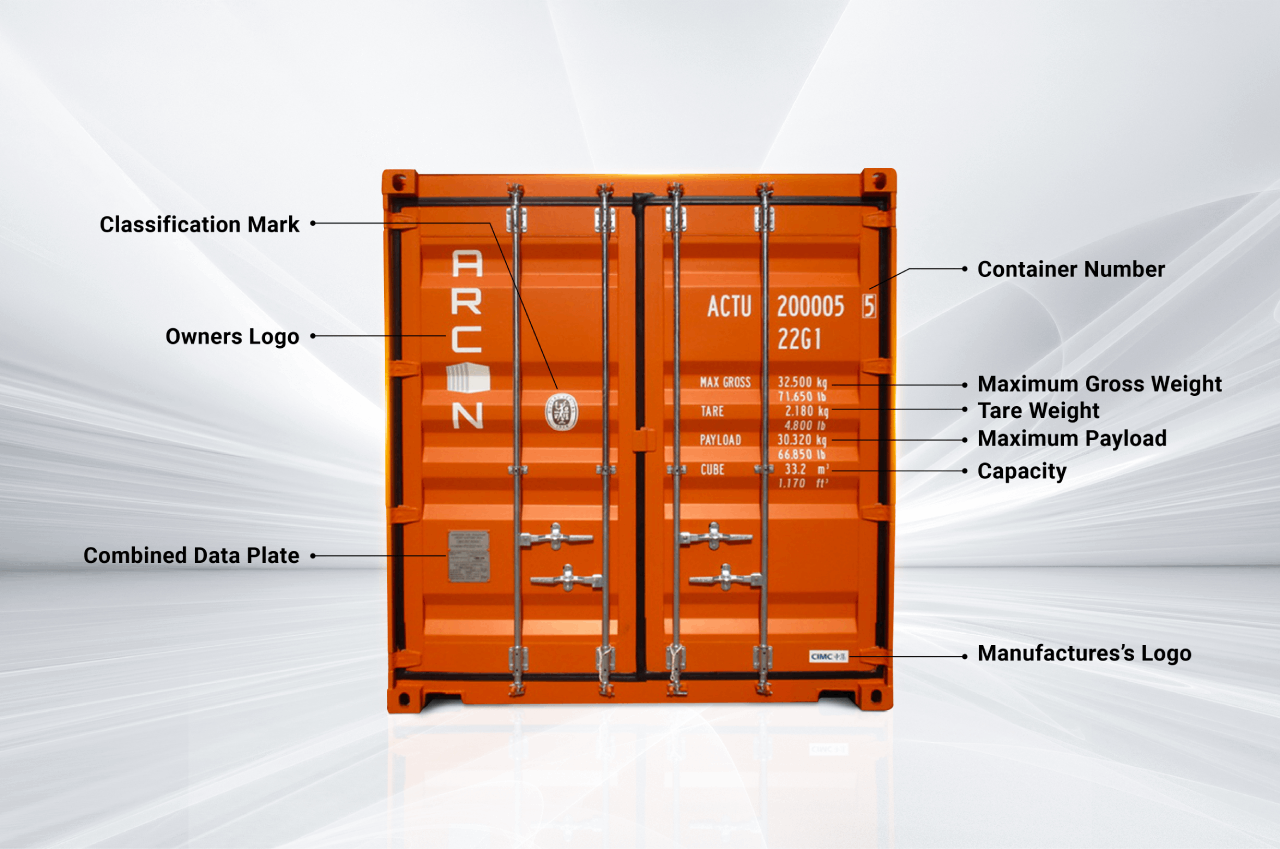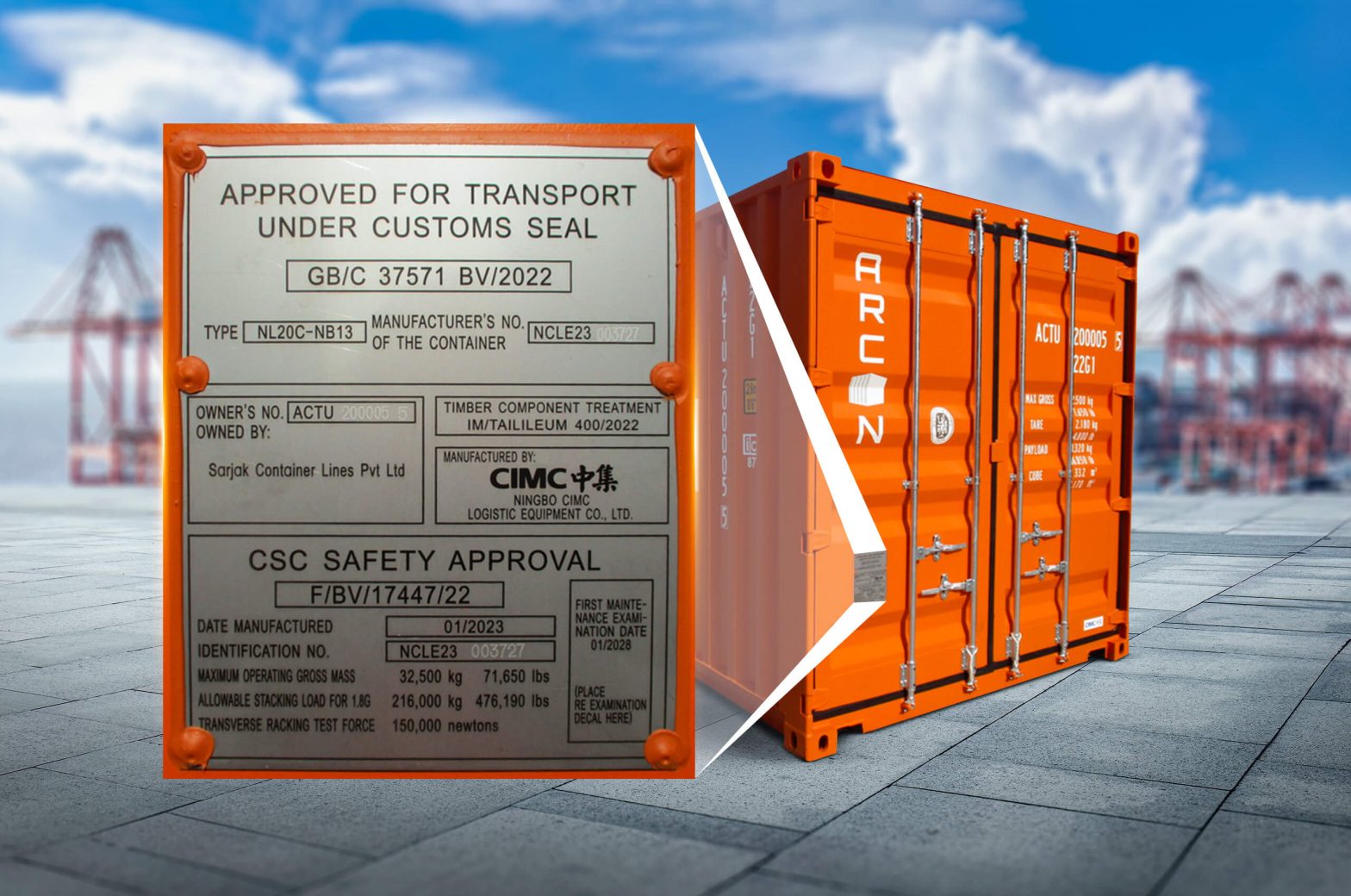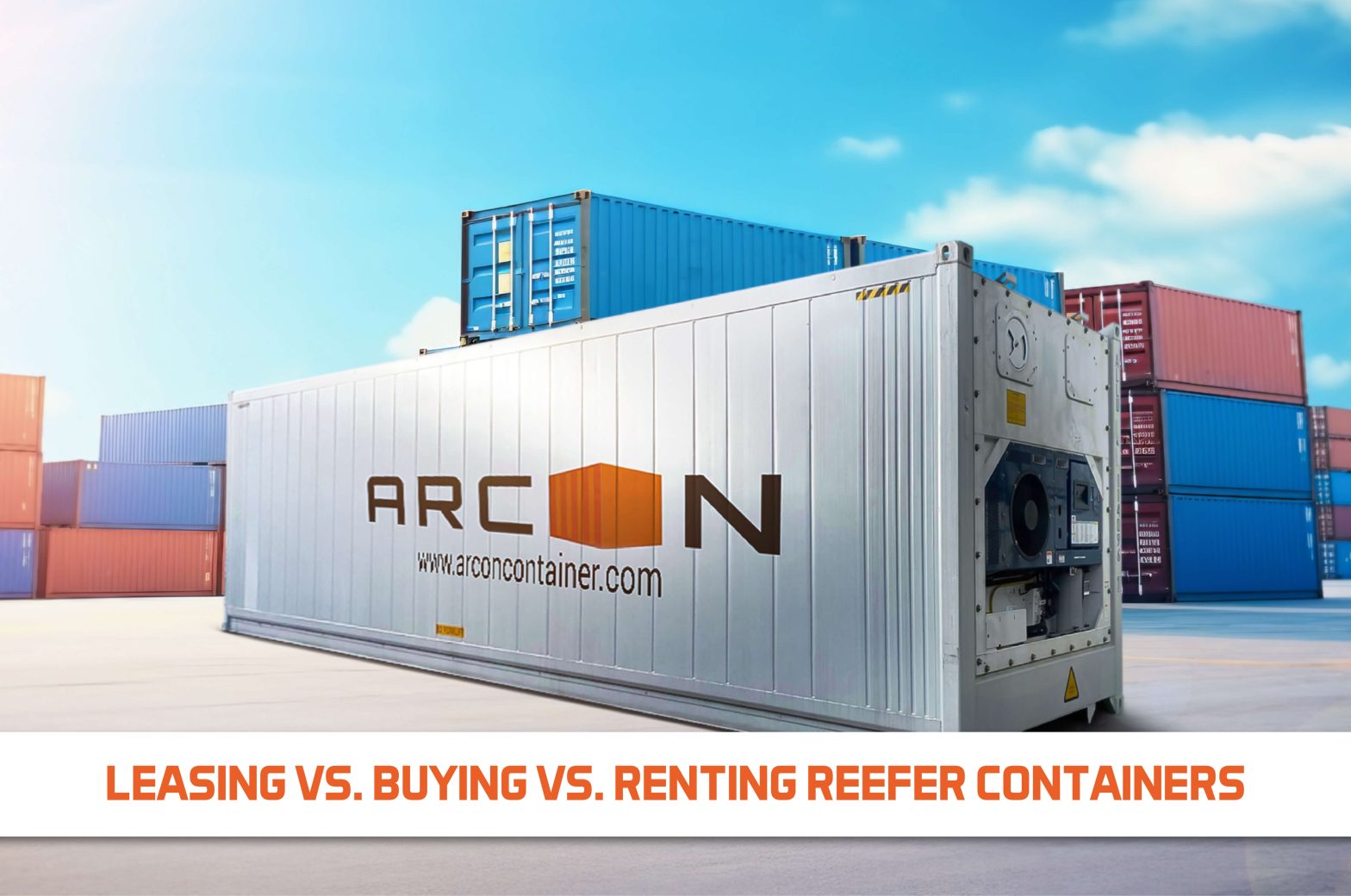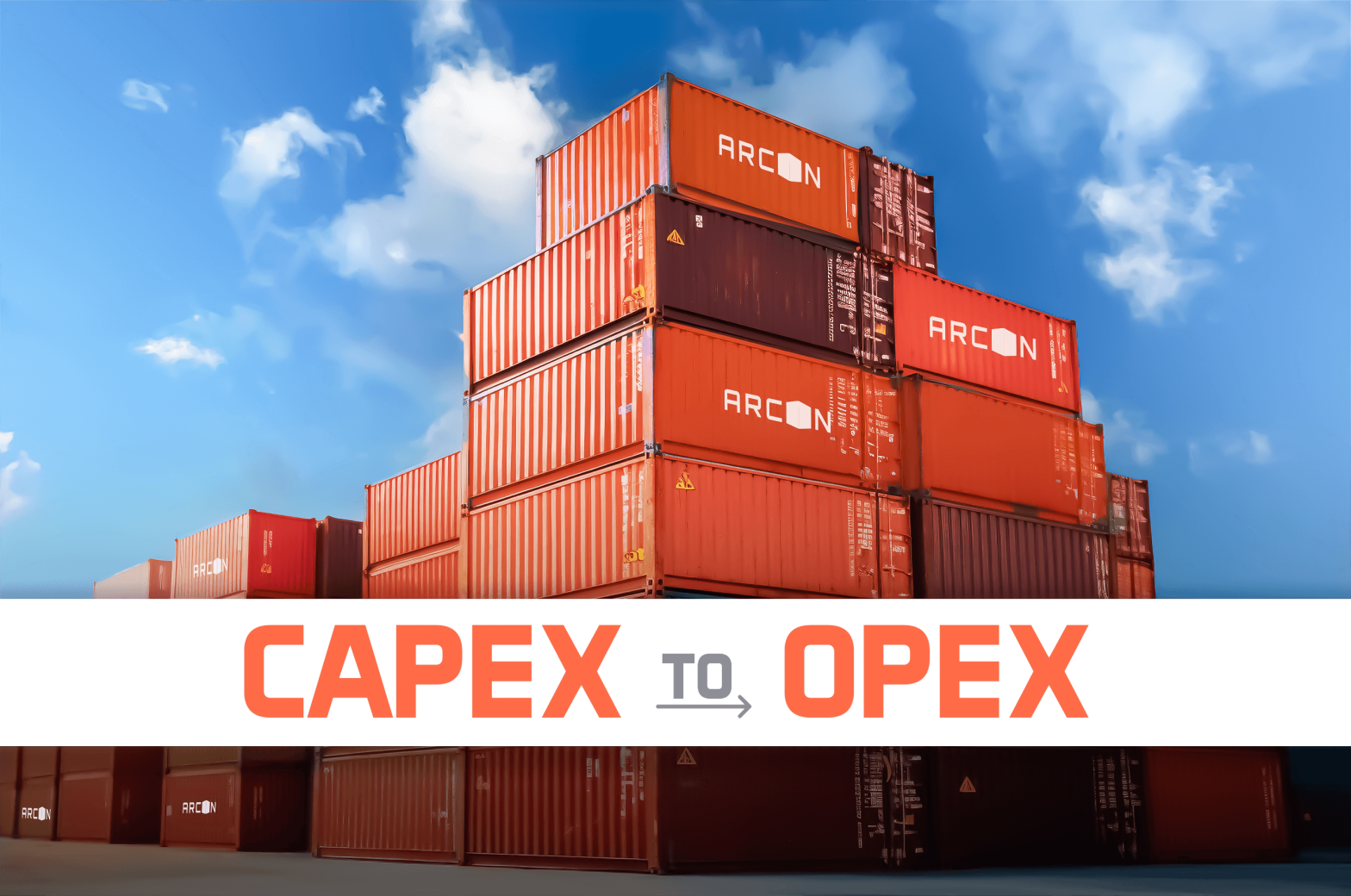Reefer containers, the lifeblood of the cold supply chain, are indispensable for transporting perishable goods across vast distances. Ensuring these units operate optimally is crucial for preserving product quality, minimizing losses, and maintaining business efficiency. This comprehensive guide delves deep into the intricacies of reefer container maintenance, providing essential insights, practical tips, and troubleshooting advice.
Understanding the Critical Role of Reefer Container Maintenance
The importance of proper reefer container maintenance cannot be overstated. It directly impacts:
- Cargo Integrity: Maintaining optimal temperature and humidity levels is essential for preventing spoilage and preserving product quality.
- Operational Efficiency: Regular maintenance minimizes breakdowns, reducing downtime and associated costs.
- Equipment Lifespan: Proper care extends the life of your reefer container, delaying the need for costly replacements.
- Regulatory Compliance: Adherence to maintenance schedules ensures compliance with industry standards and regulations.
Common Challenges in Reefer Container Operation
To effectively address maintenance needs, it’s essential to understand the common challenges faced in reefer container operations:
- Temperature Fluctuations: Variations in temperature can significantly impact cargo quality. Factors such as ambient conditions, equipment malfunctions, and improper loading can contribute to these fluctuations.
- Refrigerant Leaks: Refrigerant leaks can lead to reduced cooling efficiency and environmental concerns. Regular inspections and leak detection are crucial.
- Compressor Issues: Compressor breakdowns can halt operations entirely. Preventive maintenance and timely repairs are essential.
- Door Seal Problems: Damaged or worn door seals compromise temperature control, leading to energy loss and product spoilage.
- Electrical Malfunctions: Electrical issues can cause various problems, from equipment failure to safety hazards. Regular inspections and maintenance are vital.
Preventive Maintenance: A Proactive Approach
A well-structured preventive maintenance program is the cornerstone of reefer container care. Key elements include:
- Regular Inspections: Conduct thorough pre-trip and post-trip inspections to identify potential issues early on. Check for signs of damage, leaks, unusual noises, and temperature deviations.
- Cleaning and Sanitation: Maintain a clean container environment to prevent contamination and equipment malfunctions. Regular cleaning and sanitation should be part of the routine.
- Temperature Monitoring: Implement a robust temperature monitoring system to track performance and identify trends. Set up alarms for temperature deviations to enable timely intervention.
- Refrigerant Management: Regularly check refrigerant levels and inspect for leaks. Proper refrigerant management is essential for optimal cooling efficiency.
- Compressor Care: Follow manufacturer recommendations for compressor maintenance, including oil changes, filter replacements, and belt inspections.
- Door Seal Maintenance: Inspect door seals for wear and tear. Replace damaged seals promptly to maintain temperature control.
- Electrical System Checks: Regularly inspect wiring, connections, and control panels for signs of damage or wear. Address issues promptly to prevent electrical failures.
- Generator Maintenance (for reefer containers with generators): Follow manufacturer guidelines for generator maintenance, including regular oil changes, filter replacements, and battery checks.
Troubleshooting Common Reefer Container Problems
When issues arise, effective troubleshooting is crucial. Common problems and potential solutions include:
- Temperature Issues: Check thermostat settings, refrigerant levels, evaporator coils, condenser cleanliness, and door seals. Ensure proper ventilation and avoid overloading the container.
- Refrigerant Leaks: Use leak detection equipment to pinpoint the leak. Repair or replace components as needed.
- Compressor Problems: Listen for unusual noises, check for overheating, and inspect the compressor’s electrical supply. Consider professional repair or replacement if necessary.
- Door Seal Failures: Inspect seals for damage, clean them thoroughly, and replace if required. Ensure proper alignment and compression of the seals.
- Electrical Malfunctions: Check for loose connections, blown fuses, or damaged wiring. Consult the electrical schematic or seek professional assistance for complex issues.
Advanced Maintenance Tips
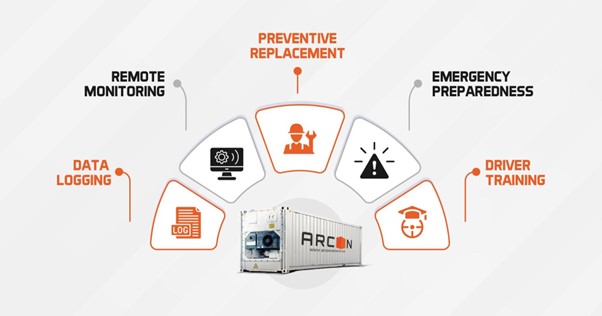
To further optimize reefer container performance, consider these advanced maintenance practices:
- Data Logging: Utilize data loggers to record temperature and humidity levels, providing valuable insights into equipment performance and cargo conditions.
- Remote Monitoring: Implement remote monitoring systems to track container location, temperature, and other critical parameters in real-time.
- Preventive Replacement: Replace components prone to failure before they cause breakdowns, such as compressors, fans, and control boards.
- Driver Training: Provide comprehensive training to drivers on reefer container operation, maintenance, and troubleshooting.
- Emergency Preparedness: Develop a contingency plan for equipment failures, including backup transportation options and contingency cargo handling procedures.
The Role of Regular Inspections
Regular inspections by qualified technicians are essential for identifying potential problems before they escalate. Key inspection areas include:
- Refrigeration system components: compressor, condenser, evaporator, and refrigerant levels.
- Electrical system: wiring, controls, and safety devices.
- Door seals: condition and sealing effectiveness.
- Insulation: integrity and condition.
- Cargo area: cleanliness, sanitation, and signs of damage.
By investing in regular inspections, you can significantly reduce the risk of equipment failures, product loss, and costly repairs.
Conclusion
Proper maintenance is the cornerstone of reliable and efficient reefer container operations. By following the guidelines outlined in this comprehensive guide, you can optimize equipment performance, protect cargo integrity, and minimize operational costs. Remember, prevention is key. Regular inspections, timely maintenance, and driver training are essential components of a successful reefer container management strategy.
For expert reefer container maintenance and solutions, contact ARCON Container at sales@arconcontainer.com.
